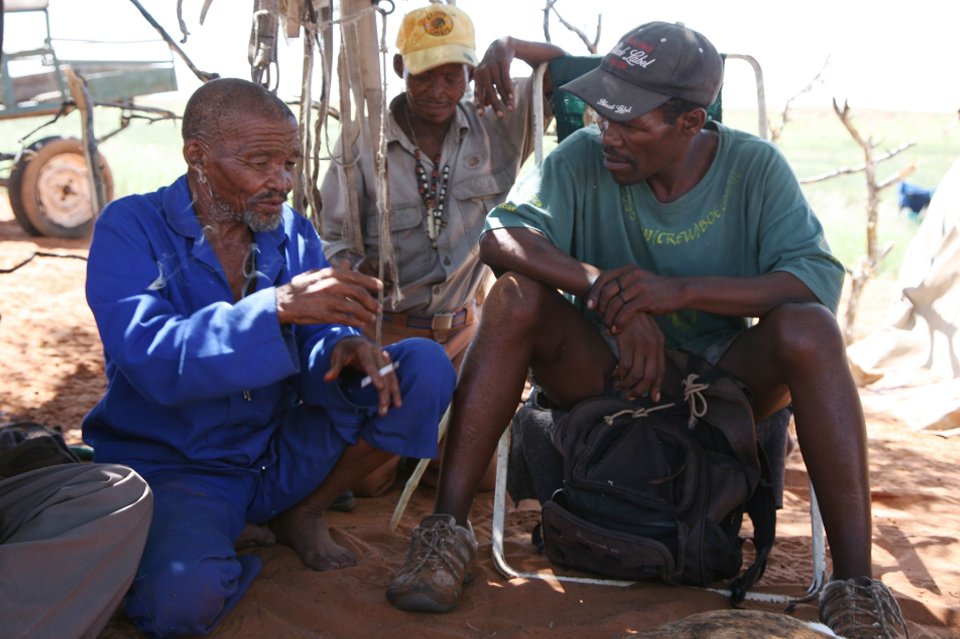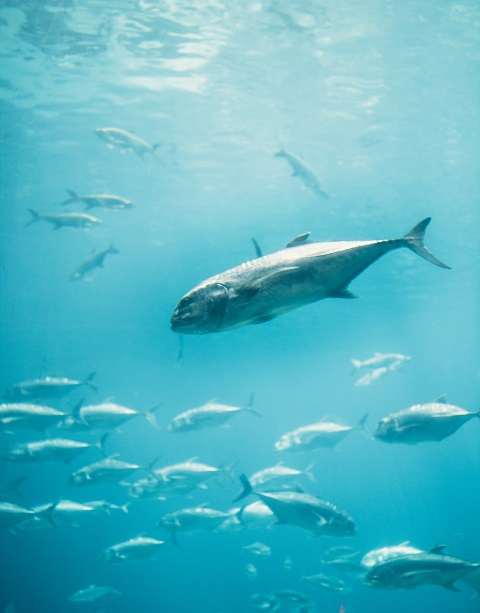Elephants Alive has been studying and researching African elephant populations since 2003, and delivers research solutions, advocacy and education to promote harmonious coexistence between elephants and people.
Jamma wholeheartedly supports this committed non-profit organisation in its goal to develop and grow our understanding of elephant ecology. Their important research contributes towards the long-term survival of the African elephant and thereby maintaining the vital biodiversity of large parts of rural Africa.
Jamma wholeheartedly supports this committed non-profit organisation in its goal to develop and grow our understanding of elephant ecology. Their important research contributes towards the long-term survival of the African elephant and thereby maintaining the vital biodiversity of large parts of rural Africa.















